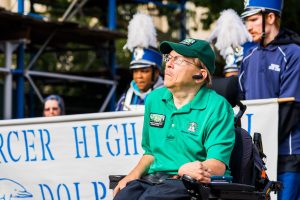
New Jersey held its Eighth Annual Disability Pride Parade and Celebration in Trenton this month. The event is organized by the Alliance Center for Independent Living based in Edison, and I’m proud to have been a part of the parade since the beginning.
I have told this story many times, and the underlying philosophy remains important to emphasize each year. I have recruited people with disabilities to march in past parades. One year my neighbor sarcastically asked me: “Are you proud of that stutter of yours?” Since I’m always reminding him that he cannot see too well and that he is dangerous in a power-chair, this well-aimed barb is routine banter between people comfortable with their disabilities. His comment, however, started me thinking about the incongruity of pride and disability.
It is incongruous to take pride in not being able to do something. There must be some onlookers at the parade each year asking: What are these “broken-down people” with crutches and in wheelchairs doing marching around proclaiming their pride? How can they be proud when they can’t do anything for themselves?
Well, that is the point. Society’s view of people with disabilities can be so negative, so weakening, so smothering of spirit that overcoming that negativity can be empowering and something to be proud about.
As people with disabilities, we put up with so much crap imposed upon us by society, the government, the system, and the people in our lives that it is a wonder that any of us have the energy and initiative to be independent, productive, or active.
But we are independent, productive, active, and we need to own it and show our pride in what we do!
This applies to every person with a disability no matter what their situation. Our lives are a precarious “high-wire acts” of low income with under-funded supports that keep us more dependent than independent. One false step drops us into the abyss of institutional living to be trapped and robbed of personal initiative, independence, and dignity.
Yet every day we get up to perform on the “high wire” defying negative attitudes, preconceptions, prejudices, and fears. Some do it with drudgery. Some do it with gusto. Most people with disabilities live our lives somewhere in between. We do it every single day.
This is why we should have pride. This is why we need to display our pride publicly and loudly. This is why we celebrate our pride in ourselves and our community.
Follow me on Twitter @normansmith02
Follow Project Freedom on Twitter @TheFreedomGuys
“Like” us on Facebook.com/ProjectFreedomInc
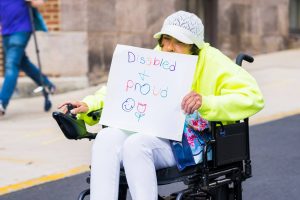
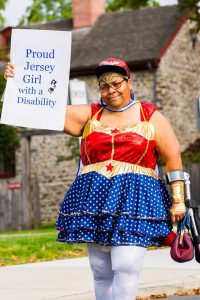
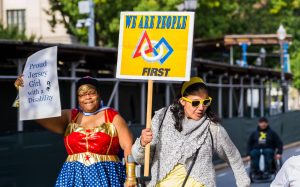

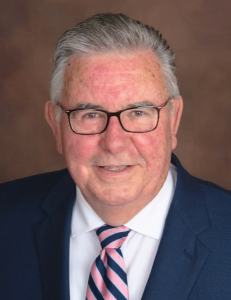

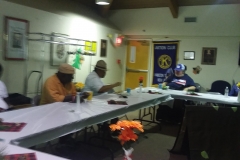
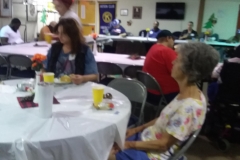
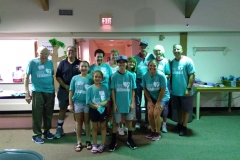
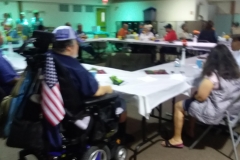
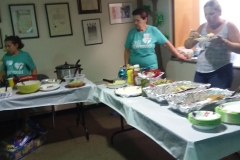


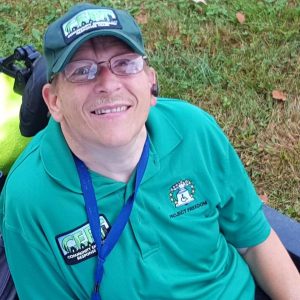 This month marks seventeen years since the attacks of September 11th.
This month marks seventeen years since the attacks of September 11th. 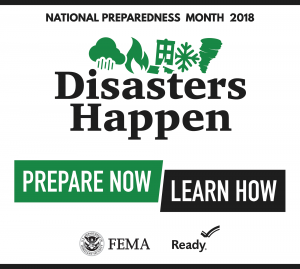
 Disabled advocacy groups are calling on Starbucks to reverse its phase-out of plastic straws from its stores, highlighting the controversy of the decision.
Disabled advocacy groups are calling on Starbucks to reverse its phase-out of plastic straws from its stores, highlighting the controversy of the decision.